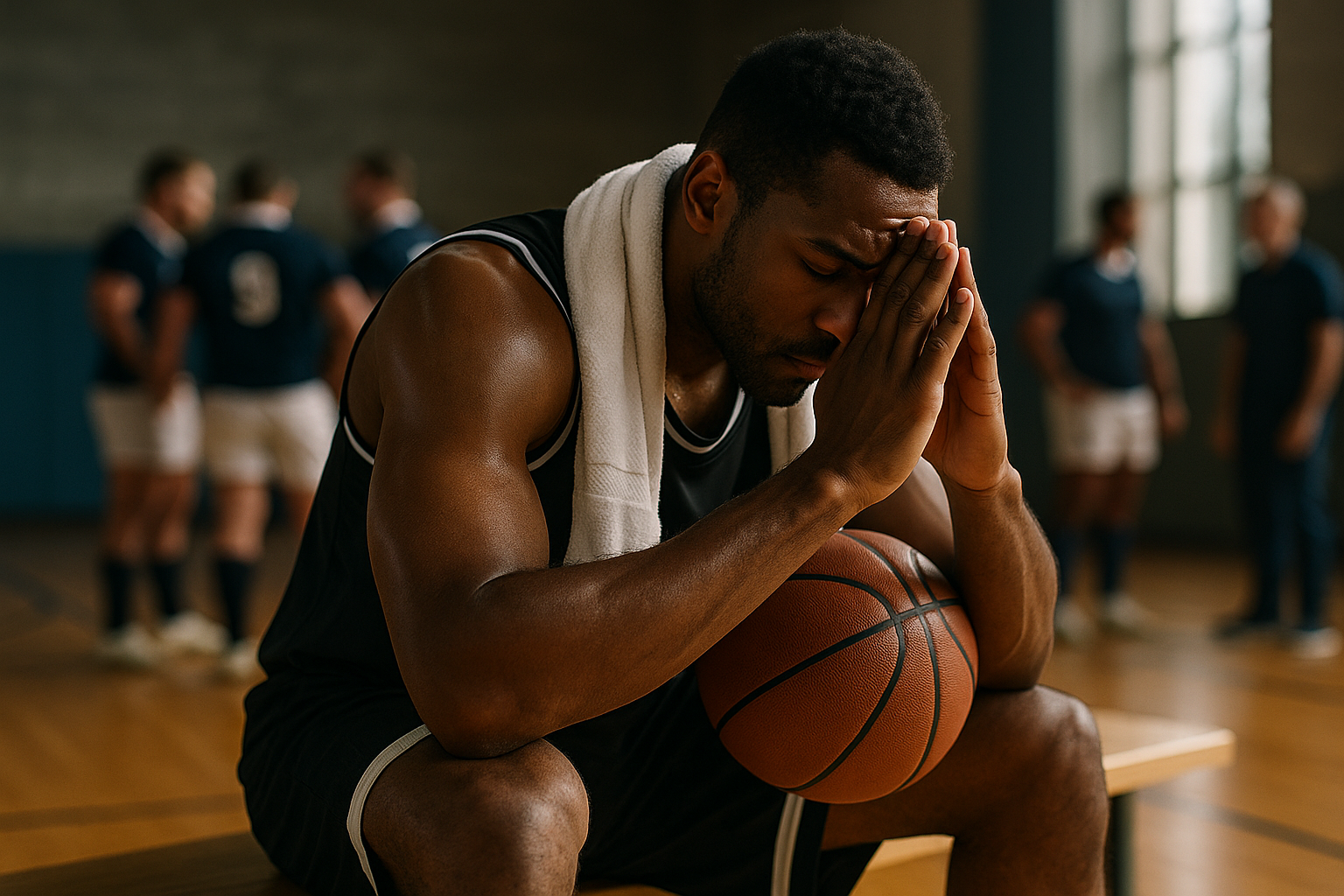The Underestimated Power of Mental Resilience in Sports Performance
Mental resilience: widely discussed, seldom mastered, and often underestimated in the world of sports. It’s a game-changer, a potent weapon that separates the winners from the also-rans, yet it remains somewhat shrouded in mystery. This article aims to shed light on the remarkable role mental resilience plays in sports performance, digging deep into its historical background, current trends, and the real-world applications that bring this concept to life.

The Origins and Evolution of Mental Resilience in Sports
Mental resilience in sports isn’t a new concept. From the ancient Greek Olympians to today’s elite athletes, mental toughness has always been a crucial component of sports performance. However, it has become more prominent and recognized in recent decades.
Sport psychologists started to focus on the mental aspects of performance in the 1960s, and the concept of mental resilience took shape. It began with the idea of “mental toughness” but evolved to become a more holistic approach, acknowledging the importance of emotional intelligence, stress management, and adaptability.
Current Trends and Insights
Research has increasingly highlighted the critical role mental resilience plays in sports performance. Athletes with high mental resilience are better equipped to handle pressure, bounce back from setbacks, and maintain focus during critical moments, enhancing their overall performance.
Mindfulness, emotional intelligence training, and mental health awareness are currently trending in the sports industry. These trends reflect a holistic understanding of mental resilience, emphasizing not just toughness, but also emotional balance, self-awareness, and mental well-being.
The Benefits, Challenges, and Applications of Mental Resilience
Mental resilience can significantly improve an athlete’s performance. It allows athletes to maintain focus, manage stress, and adapt to changing circumstances. However, building mental resilience can be challenging. It takes time, effort, and often requires overcoming personal barriers and negative thought patterns.
Many professional teams and athletes have incorporated mental resilience training into their routine. For instance, the New Zealand All Blacks rugby team uses mindfulness training to build mental resilience. Similarly, NBA star LeBron James has openly discussed the role of mental resilience in his success, affirming its importance alongside physical training.
In The Power of the Mind
As we delve deeper into the world of sports science, it becomes increasingly clear that success isn’t just about physical prowess. Mental resilience, while often underestimated, is a powerful tool in an athlete’s arsenal. Its role in sports performance is undeniably crucial. And as we continue to understand it better, it’s clear that the future of sports will not just be about faster, stronger, and higher—it will also be about deeper, smarter, and more resilient.
The power of the mind should never be underestimated. In sports, as in life, mental resilience can truly make the difference between victory and defeat. And that’s a game worth playing.






